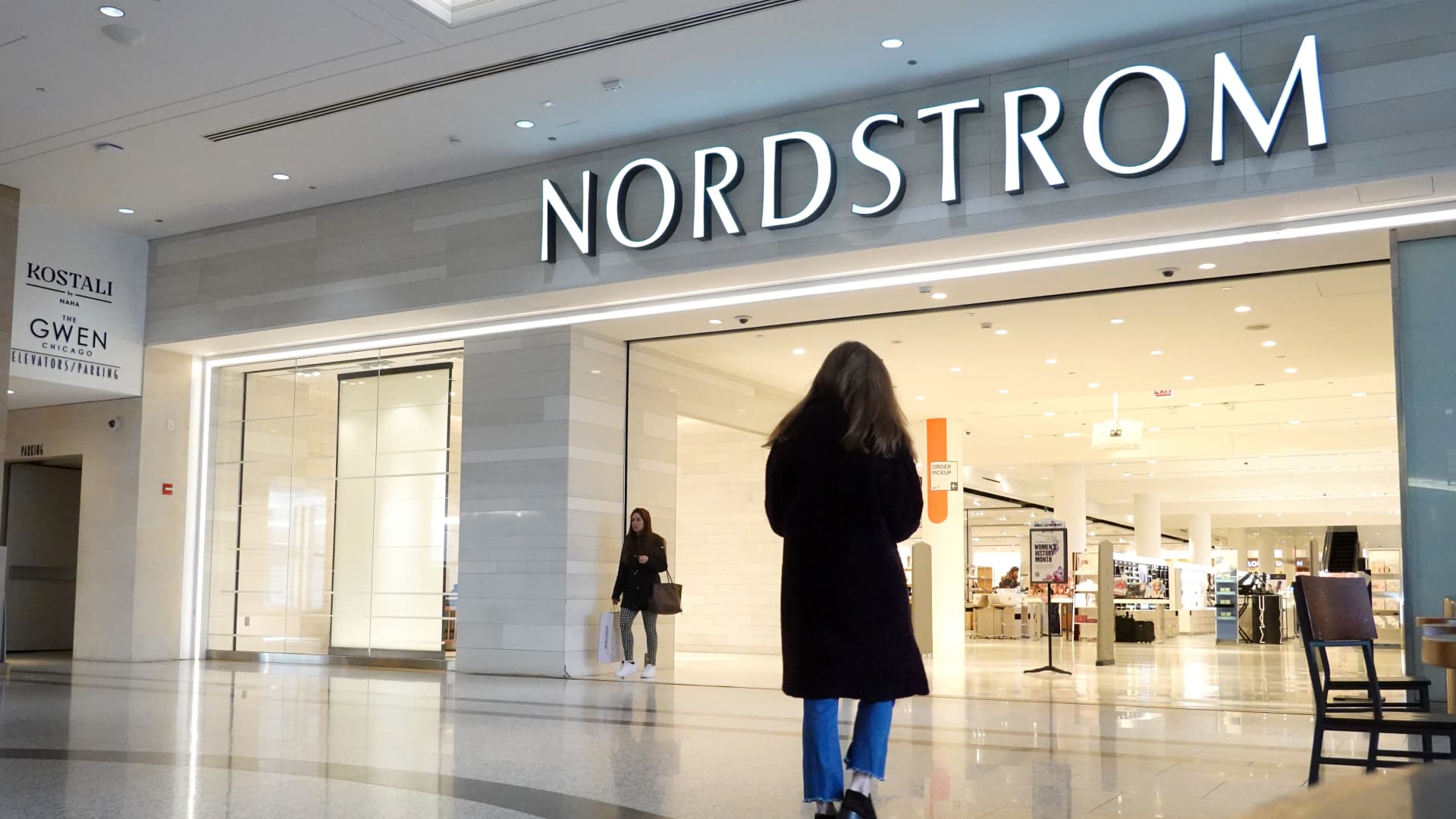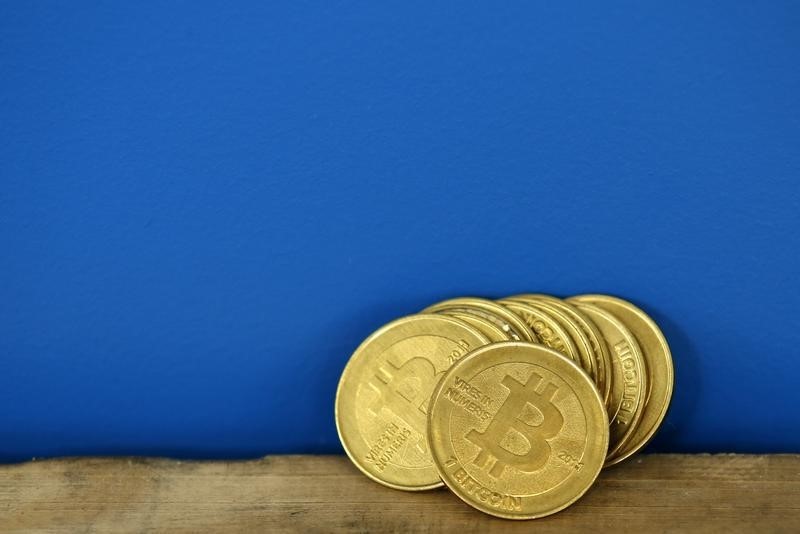Managing your budget is essential, and there are plenty of ways to do it. The cash envelope system is one of the most useful tools you can use to get on top of your finances. However, if you want the best chance of success, you have to choose the right cash envelope categories, and luckily, you’ve come to the right place.

In the following guide, we will take a look at some example cash envelope system categories to give you some inspiration. Here’s what you need to know to get started!
Benefits of leveraging cash envelope categories
While you can use either a cash envelope wallet or a digital envelope system, the fundamentals of this approach are the same.
And if you’re ready to get started with this budgeting system, you will need clear cash stuffing categories. So let’s take a look at the key reasons planning your categories works:
Avoid impulse spending
Are you guilty of impulse spending? This habit can drain your finances quickly and leave you wondering where your paycheck went.
However, having solid cash envelope categories helps you decide where to spend your money in advance, giving you total control here.
Improves your ability to save money
For many of us, saving money can be challenging. If you have struggled with this in the past, using cash envelope categories may be the answer. You have total control over the cash stuffing categories, and so you can create envelopes that suit your lifestyle and help you spend less.
When you feel as though saving is all work and no play, you can account for spending money on fun things in advance with this system and start to live richer.
For example, you may choose to have a “fun” category or an “entertainment” category.
Better understand your finances
A massive 77% of Americans are anxious about their finances, and failing to understand them plays a major role in that. Deciding on which cash envelope system categories to use will make you think more deeply about the money that you spend.
Going through this process means that you will have a cold, hard look at your income and also your outgoings. When you do that, you will begin to have a better grasp on your finances.
Learn where the bulk of your money goes
Do you know where your money goes? When you categorize your spending, it’s easier to visualize your spending habits. There’s an element of trial and error here.
Once you start using cash envelope categories, you will have to guesstimate how much you spend on each thing.
However, the longer you use this system, the better you will understand your finances and how much you spend in each area.
20 cash envelope system categories to consider
The cash envelope categories you choose will depend on your lifestyle and how you prefer to spend your money. If you are not sure where to start, we’ve got some inspiration for you. So let’s take a look at 20 of the most common example categories you could use:
1. Rent or mortgage
Before you start thinking about your other cash envelope categories, here’s one non-negotiable. Chances are, your mortgage or rent payment is the same each month. So, you can set aside the same amount for this ongoing outgoing.
2. Utilities
On the other hand, your utility payments will fluctuate throughout the year. You may pay more for gas during the winter as your usage goes up. Dealing with the ups and downs in how much you pay can be difficult — that’s where this system comes in.
Putting an average amount into this cash envelope every month means that you will have some cash left over (though it’s also important to work on how to lower electric bill costs). So, when the cooler months come around, you are well-prepared.
3. Food and groceries
Many of us have zero idea how much we spend on food and groceries each month. It’s not simply about the main shopping trip you do. You also need to account for the extra items you buy throughout the month.
Having a cash envelope category for this spending is essential in addition to practicing budget meal planning.
4. Cleaning products
While spending your money on cleaning products may not be fun, it is important.
You need to top up your stock of items every now and then. Setting aside money for this pesky cost will help you with your overall budget management.
5. Household items
Household items may include toilet rolls, paper towels, plants, ornaments, or even new blankets.
While you won’t always need to buy new things for your home, having a budget for these costs means that your spending never comes as a nasty surprise.
6. Transport
Are you a jet setter? If you’re always on the go, you’re going to need to put aside some money for travel or a vacation budget.
This cash envelope may cover your fuel costs, train tickets, bus tickets, and also airfare. Whether you commute or just like to get around, make a budget for it.
7. Eating out (or in!)
The average American family spends $2,375 per year on eating out. If you’re a foodie and love sampling dishes, you need to include this as one of your cash envelope categories.
You can either do separate envelopes for eating out and takeout or combine the two.
8. Kids fund
If you have a family, there’s no doubt that a large portion of your budget will go to your children. Having a separate cash envelope for your little ones is the way to go.
This money may cover their childcare, days out, clothing, food, and any extras, such as clubs.
9. Garden
Should you have green fingers, this next cash envelope category is for you. Gardening tools and furniture are not cheap.
Consider how much you spend on this pastime on average. You may need to adjust how much you set aside as you go with this one.
10. Personal care
You can’t put a price on self-care… Okay, maybe you can. When you’re choosing which cash envelope categories to use, don’t overlook this one.
This part of your budget covers haircuts, massages, beauty treatments, an occasional self care week, and also hygiene products.
11. Clothing and shoes
Learning how to stop buying clothes that you don’t wear takes time, but it’s a habit that will drain your finances. To help you stay on track, create a clothing and shoes cash envelope category.
Put the same amount in this envelope every month, and you will find that the budget soon starts to pile up.
12. “Fun” spending money
We all deserve to have some fun now and then. You work hard, and so you should spend some of your money on enjoying yourself.
That may mean having a day out with the family, doing an activity, or buying a new game. The choice is yours.
13. Vacations
Want to leave your troubles far behind you? Heading to a remote beach or taking a city break may be the answer.
In a survey from Forbes, almost half of people said they plan to spend $4,000 a year on vacation. Start planning your next trip by saving money in a cash envelope.
14. Makeup and beauty
When you look your best, you feel even better. We all have unique makeup and beauty routines that work for us. When you are planning your cash envelope categories, it’s smart to include this one in your list.
15. Pet fund
Do you have a furry friend that you love? Pets are a wonderful addition to any family, but they can also be expensive.
Figure out how much you spend on vet bills, pet food, and pet-related products. You will need to find an average here to create your envelope.
16. Entertainment
Whether it’s a night out at the movies or attending a Taylor Swift concert, we all need to be entertained.
However, splurging thousands on tickets without having a budget is a mistake. When you set aside money for this particular cost, everything becomes easier.
17. Events
Next up, let’s talk about events and how much they cost you. That may be your cousin’s bachelorette party, a wedding, or even someone’s 60th birthday party.
All of the above can put a serious dent in your wallet unless you have budgeted for them well in advance.
18. Date nights
When was the last time you and your partner spent some quality time together? Setting aside both the time and money for this is important.
Think about the type of dates you enjoy and how much they typically cost when planning your budget, and consider at home date night ideas.
19. Gifts
Giving something special to a loved one is priceless.
While there are plenty of inexpensive thank you gift ideas as well as birthday and holiday gifts, you still need to budget for them. Including this as one of your cash envelope categories means you will have the money to treat your nearest and dearest.
20. Emergency
Emergencies can arise when you don’t expect it. You might find that your car breaks down or your roof needs fixing. These problems cost a lot to solve, so you need to plan ahead for it.
More than 50% of Americans cannot afford to spend $1000 on an emergency situation. Set aside a decent amount of money in case of unexpected costs in an emergency fund.
Expert tip: Switch up your envelopes as needed
As you start to use the cash envelope system, you will learn where the majority of your money goes. You can change the amount you use in each envelope depending on what you learn along the way. This way, you can switch up your envelopes as needed.
How should I label my cash envelopes?
You can label your cash envelope categories in a couple of different ways. If you’re using a digital system, you can use a banking or budgeting app to manage your money and divide it into categories digitally.
When you’re using physical envelopes, you can use a marker pen to label each category and put cash in envelopes.
How do you organize cash envelopes?
You can organize your cash envelopes with a filing system or cash envelope wallet.
Once you have filled each of your cash envelopes, you need to store them. You can keep them in a filing drawer and take out the ones that you want to use. Storing them away could also help you stop spending money in categories you’re not using.
There are also cash envelope wallets you can buy to keep things organized.
And if you’re using an app or digital device, be sure to check in on it each day and keep it updated when you spend. That way, you’ll know how much money is left in each category.
What is an example of a cash envelope?
Some of the most common cash envelope categories examples are food and groceries, rent and mortgage, utilities, entertainment, fun, gardening, personal care, and emergency funds.
You may also choose very specific cash stuffing categories based on what you want to buy.
For instance, “shopping for handbags” or “money for books.”
Articles related to cash envelope categories
If you enjoyed reading this article about the cash envelope system and cash envelope categories, try reading these next!
Choose your cash envelope categories now!
If you are going to use the cash envelope system, deciding which categories suit your lifestyle and needs is the first step. You can take a look at the category examples we have highlighted in this guide and use them or simply come up with your own.
Each of us has a different income and varying commitments. So, what works for you may not work for someone else, and you can do things differently based on your budget. Take the time to consider your money habits when choosing your cash envelope system categories.















